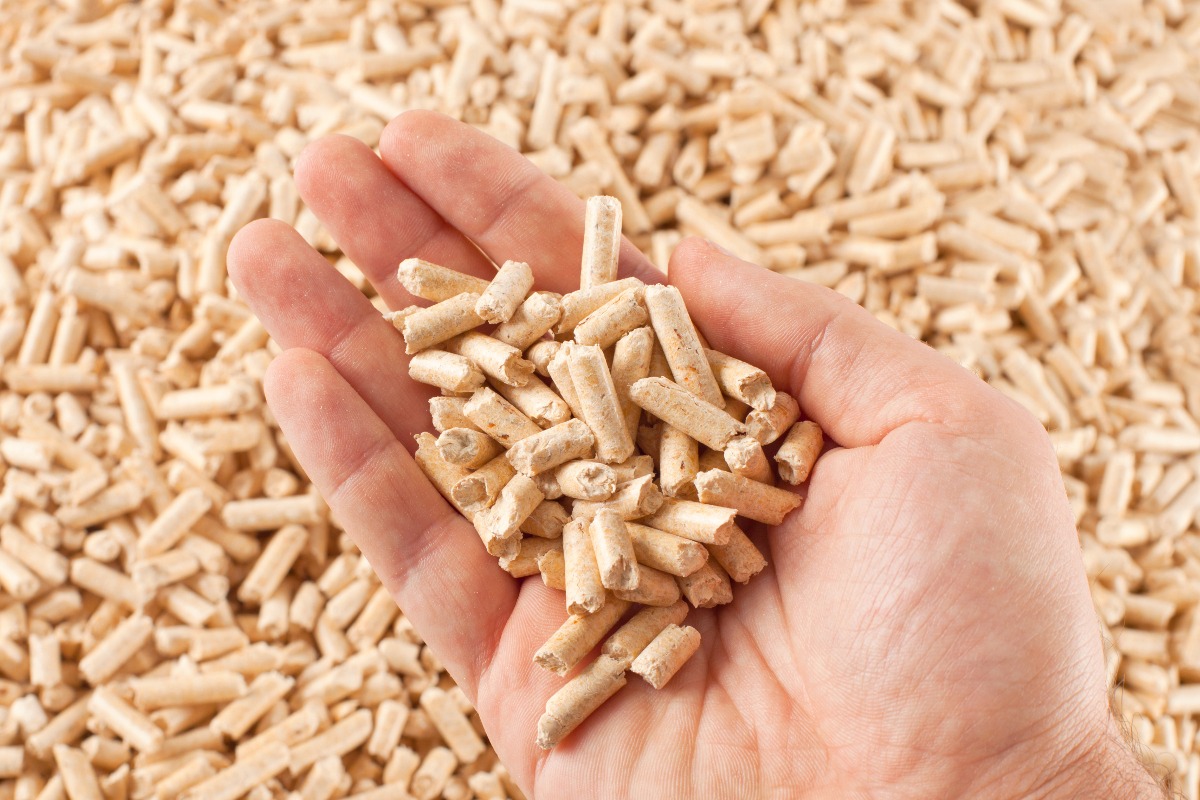When it comes to choosing the best fuel for heating or cooking, the debate often revolves around Wood Briquette and charcoal. Both are widely used, but they perform differently when it comes to burn time, heat output, cost, and environmental impact. Understanding the differences will help you make the right choice for your home, business, or outdoor cooking.
What Is a Wood Briquette?
A wood briquette is a compressed block made from sawdust, wood chips, or biomass materials. These briquettes are manufactured without harmful additives, making them a clean and efficient source of energy. The uniform size and shape of a wood briquette ensure consistent burning, making them popular for stoves, fireplaces, and boilers.
What Is Charcoal?
Charcoal is produced by heating wood in the absence of oxygen, a process known as pyrolysis. While it provides high heat, it is often irregular in size, dusty, and may contain chemicals depending on the production process. Compared to a wood briquette, charcoal tends to burn faster and can create more smoke.
Burn Time Comparison
One of the most important questions is: which burns longer, a wood briquette or charcoal? A wood briquette typically burns for two to three hours, depending on its density and size. Charcoal, however, usually burns for less than an hour before needing to be replenished. This means a wood briquette lasts significantly longer, saving both time and effort in maintaining the fire.
Heat Output
Both fuels produce high heat, but the difference lies in consistency. A wood briquette delivers steady heat over a longer duration, making it ideal for home heating and slow cooking. Charcoal, on the other hand, produces an intense burst of heat but loses it quickly. If your goal is sustained warmth, a wood briquette is the better option.
Cost Efficiency
When comparing cost, a wood briquette often comes out ahead. Since it burns longer and more efficiently, you need fewer briquettes to achieve the same result as charcoal. Over time, this makes a wood briquette more economical. Additionally, they are often made from waste wood, making them more affordable than charcoal produced from whole logs.
Environmental Impact
Sustainability is a major factor in today’s energy choices. A wood briquette is environmentally friendly because it is made from recycled wood and biomass. The production process is low in carbon emissions, and burning them produces minimal smoke. Charcoal production, however, often leads to deforestation and higher carbon output. Choosing a wood briquette means reducing your carbon footprint and supporting renewable energy.
Convenience and Storage
Another factor to consider is convenience. A wood briquette is compact, clean, and easy to store. It produces very little ash, which reduces cleaning time after use. Charcoal, in contrast, is messy, produces more ash, and can leave unpleasant dust. For households and businesses that prioritize cleanliness and ease of handling, a wood briquette is the superior choice.
Cooking with Wood Briquette vs. Charcoal
When it comes to cooking, both options have their advantages. Charcoal is often used for barbecues because it gives food a smoky flavor. However, a wood briquette also provides excellent cooking results without overpowering smoke. Many people now prefer cooking with a wood briquette because of its longer burn time, consistent heat, and reduced emissions.
Safety Considerations
Safety is another area where the wood briquette stands out. Because it burns longer and produces less smoke, there is a lower risk of flare-ups or accidents. Charcoal, especially if chemically treated, can release harmful gases. A wood briquette, being natural and additive-free, is much safer for indoor and outdoor use.
Why Choose Wood Briquette Over Charcoal?
In summary, a wood briquette offers several advantages:
- Longer burn time
- Steady heat output
- Lower cost in the long run
- Cleaner storage and handling
- Eco-friendly and sustainable
- Safer for cooking and heating
While charcoal may still be used in certain situations, the benefits of a wood briquette make it a better choice for most people seeking efficiency and sustainability.
Conclusion
When comparing wood briquette vs. charcoal, the clear winner is the wood briquette. It not only burns longer but also provides consistent heat, cost savings, and environmental benefits. Whether you are heating your home, running a business, or cooking outdoors, choosing a wood briquette ensures efficiency, safety, and sustainability. By switching from charcoal to a wood briquette, you make a smarter energy choice for the future.
